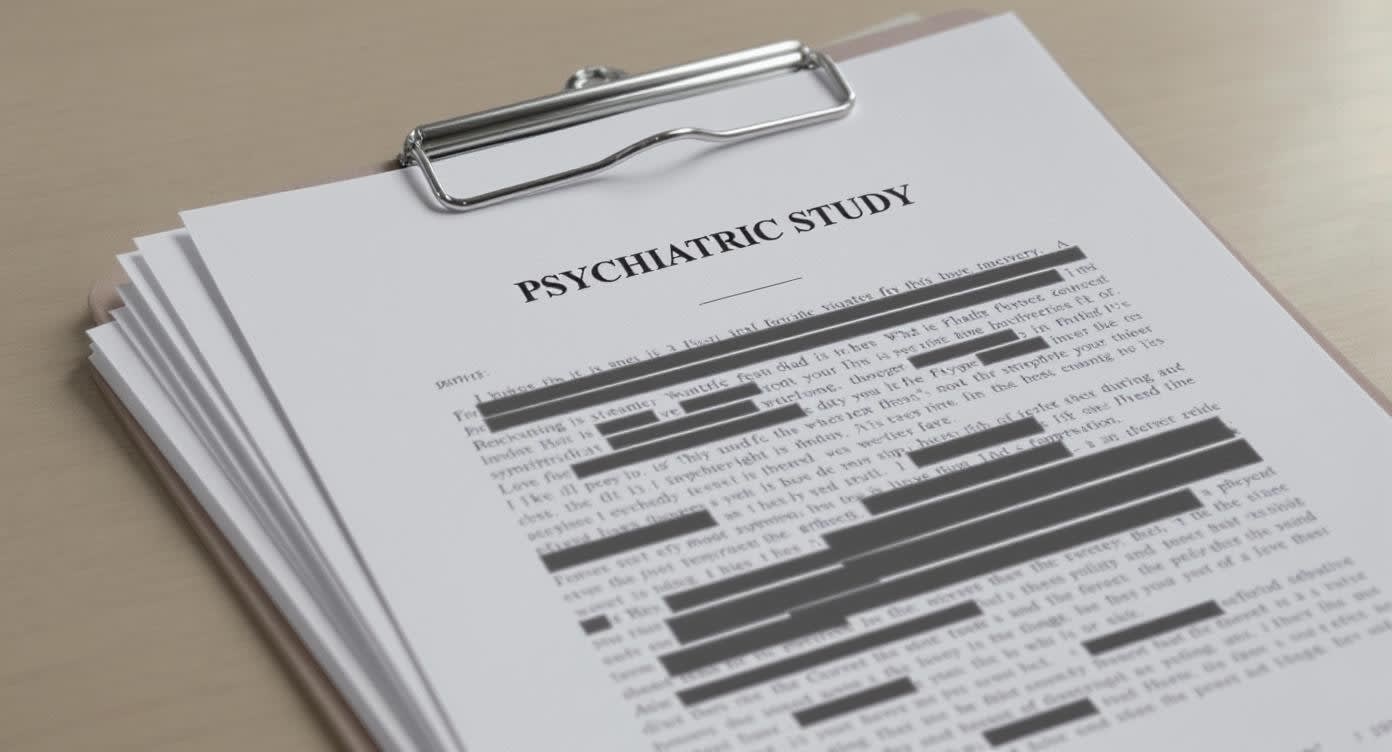A big new study has been published in JAMA Psychiatry with what should be incontrovertibly good news: despite a lot of recent fearmongering, the best evidence suggests that SSRI withdrawal is rare and less severe than recently feared. This is the conclusion of a major systemic review and meta-analysis of almost 50 randomized controlled trials, which amounts to the best kind of scientific information we have about medicine - quantitative analysis of multiple studies using careful statistical controls to assess the quality of evidence. And the studies findings should be very welcome, especially given that there’s been a torrent of anti-antidepressant invective out there in recent years, largely spread on social media and very much of a piece with anti-vaxxer attitudes and our broader collapse into anti-establishment conspiracism. Ubiquitous horror stories about universal withdrawal problems stem, as per usual, from cherry-picked data from smaller studies when it stems from any data at all. Meanwhile, the ongoing myth that SSRIs don’t work marches on, helped along by the fact that most people don’t understand the fundamental limitations of how we assess subjective phenomena like depression for medical research. I’d like to think that a study like this recent one will help.
But to help, medical data has to actually filter out to the public, so let me ask you: how many of you heard about this very important study before just now?
I’m going to go ahead and guess that the answer is very few of you. There’s been limited straight news articles about this vital public health information and almost zero of the commentary pieces that tend to spark the debates that lead to wider public knowledge. That in and of itself is bad enough, but it gets worse when you consider the alternate dimension where the JAMA Psych study in fact finds that SSRI withdrawal is very common and difficult. I promise that becomes a blockbuster news story, an unavoidable one, which receives vastly more coverage than this study’s conclusion that an important and valuable class of drugs does not result in dangerous withdrawal symptoms very often. And that speaks to a mainstream media that has an undying fixation on the worst kind of folk anti-psychiatry. Ellen Barry’s New York Times writeup of this study, a straight news piece, feels to me feels quite grudging, although maybe that’s just me reading it through the filter of her other work. The problem is that the Times specifically and the establishment media generally serve a particular customer base, educated urbanite liberals, and that customer base is anti-psychiatry curious but not particularly informed or interested in becoming so. And they’d rather not hear good news about SSRIs because they want SSRIs to be bad.
It’s not just antidepressants. There’s a quiet revolution going on in the world of antipsychotics, which is arguably the single most important class of psychiatric medication. As many of you know, antipsychotics are in fact remarkably effective at reducing psychotic symptoms, but come with a host of truly punishing side effects. The second generation (AKA atypical) antipsychotics like quetiapine and olanzapine are better than the first generation drugs like chlorpromazine or haloperidol, particularly when it comes to avoiding permanent movement disorders like tardive dyskinesia. Still, the side effect profiles of those drugs are genuinely discouraging (take it from me!) and for years there’s been inadequate progress, particularly after a funding collapse in pharma meds that came with the end of SSRIs as mostly on-patent medication, which had prompted a gold rush.
Well, I have good news - there’s been some truly encouraging developments in antipsychotic drug development lately. We’re finally seeing more than just the same old dopamine blockers with new brand names. Now we’re seeing new drug classes like the muscarinic class and drugs like lumateperone and pimavanserin that seem to provide similar efficacy as traditional antipsychotics with fewer of the old problems. There’s even more interesting stuff in the pipeline that in some cases works without touching dopamine at all. Things like ulotaront, which works on TAAR1 receptors instead of dopamine, or these glutamate-targeting compounds like AV-101, which I think is being looked at for depression as well as psychotic disorders. I don’t profess to understand anything about the neuroscience involved, really, only that these are truly new drugs taking truly new approaches - attempts to actually rethink what psychotic disorders are and how to treat them, rather than just jiggering the same neurotransmitter knobs we’ve been turning for half a century. That’s a big deal, even if the early results are still modest. There’s also more interest in personalizing treatment with stuff like long-acting injectables and digital tools that respond to what’s actually happening with a given patient instead of just cranking the dosage.
No miracle cures, then, and I highly doubt there will be any in my lifetime. But the story some critics tell, that psychiatry is intellectually stagnant and still pushing the same old chemical straitjackets, is getting harder to defend. The field is moving, cautiously and too slowly, but moving. And again the question is, has anybody in the media noticed? Do they want to notice? Look, I get that the potential customer base for antipsychotics is small, that most reporters don’t have a lot of insight or connections into pharma development, and that writing about this stuff requires diving into complicated science that most of us (again include me) don’t understand. So it’s not like I expect there to be a torrent of coverage of antipsychotic drug development. Still, this is all a very big deal with real societal ramifications, and it’s passed almost entirely without commentary in our biggest publications. And what I can’t stand is the thought that this is happening because the people who are supposed to report on this stuff are largely drawn from a demographic cohort that’s unusually likely to harbor a kind of lumpen anti-psychiatry that’s not even based on Thomas Szasz or Michel Foucault but on Instagram memes and what their friend said about what happened to their cousin’s wife when she tried Effexor, or maybe it was their cousin’s wife’s friend….
I’m in kind of a weird place when it comes to ability to influence media. With my career and platform I undoubtedly have more sway than the average person, but I’m also uniquely disliked within the profession. Well, once again, I’m asking for more balance when it comes to covering psychiatry, less sensationalism and less reversion to knee-jerk anti-psychiatric sentiment. These developments in anti-psychotic drugs sound like a great opportunity to take a open-minded look at developments in psychiatry, to consider the possibilities of optimism and progress for once. You could stop acting like psychiatry is an inherently suspicious tool of BIG PHARMA and instead consider it as a medical field like any other, which is to say flawed and embedded in our broken health insurance system but filled with conscientious and highly competent professionals who sincerely want to cure disease and ease pain. Or you guys can run yet another piece asking whether schizophrenics should just learn to live with the voices, which is like asking diabetics to learn to live with diabetic nephropathy.
I dig around in the usual anti-psychiatric spaces a lot, on Reddit and message boards and social media, for my next nonfiction book and my academic interests and because of my personal history and because I have a pathological addiction to getting mad. And the response to positive developments in psychiatric drug development, in those spaces, is always the same: they’re mostly ignored and when they’re not ignored they make people mad. This has definitely been the case with this meta-analysis about SSRI withdrawal. These are people who say they want to spare people the pain and difficulty of said withdrawal, so you’d think they’d be happy about a big study that shows that this pain and difficulty is much rarer than some people suggest. Au contraire, mon frère! Instead they’ve been getting mad at the researchers for performing the study and whatever media entities cover the study! And if in time we see that the side effect profile for the average patient on anti-psychotics gets significantly easier to deal with, they’ll get mad at that too, as it will undermine one of their cherished talking points. What I would like to ask you is this: what does that tell you about these people and what they actually care about?
.png)





